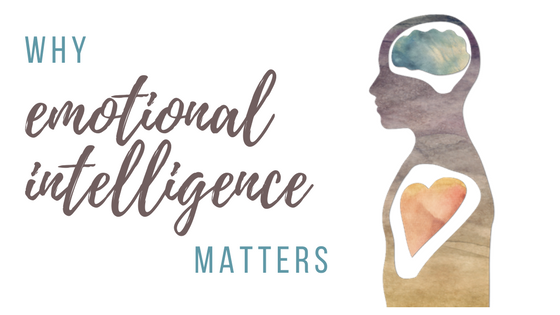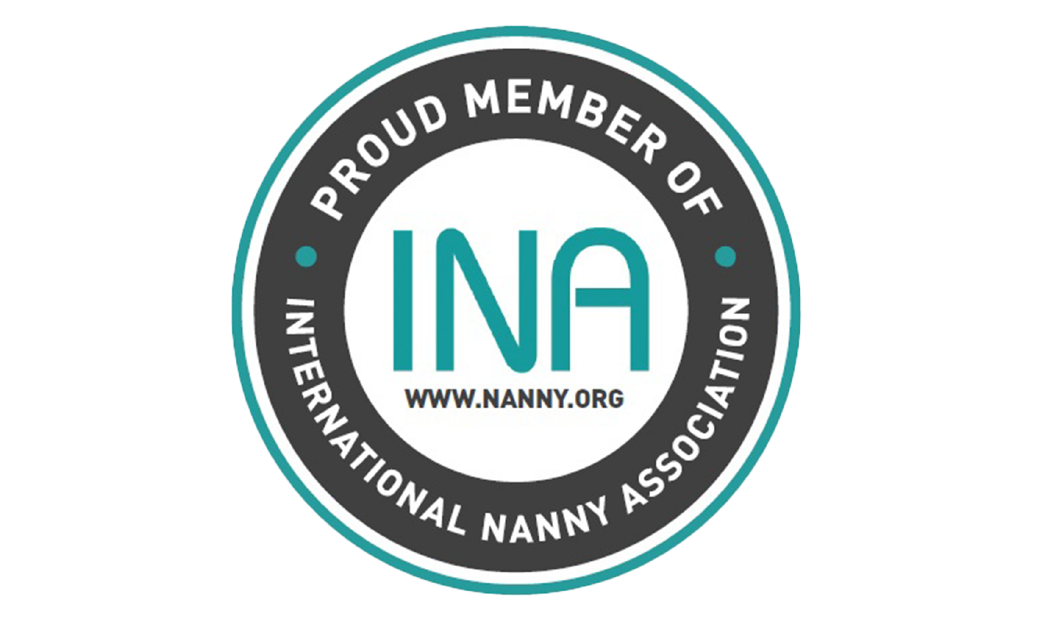
Why Emotional Intelligence Matters – Part 2

Why Emotional Intelligence Matters – Part 2
How we address emotions cultivates how children identify and respond to emotions. Your acceptance teaches your child that their emotional life is not dangerous and is not shameful, but rather is both universal and manageable.
Most people want to know what to say or do when emotions are high; however, some of the most teachable moments are outside of tantrums and meltdowns. There is much to learn in these moments for two reasons. Firstly, we are able to form a child’s mind to think of emotions in a more objective way when it isn’t about them specifically. Secondly, when we are emotional, it is more difficult to think clearly; when our emotions increase, our ability to reason decreases.
Here are some fundamentals about emotions that are important for children to know:
Everyone has them—there is no need to feel alone or ashamed!
Some of the most meaningful moments are those that may not be specific to the child himself/herself. When a child shares about a story about a friend at school, it can be helpful to ask what the other child may have been feeling. When they see a character in a movie that is scared, you may ask why that character is feeling scared. When you see a stranger crying at the park, you can brainstorm what might make them feel better. If children are familiar with the idea that their emotions are common, they won’t feel the need to hide it.
Emotions come and go—they don’t last forever, even though they may feel like it!
Sharing your own personal experience can be powerful because it shows children that adults have emotions too. Share a time where you felt like your emotions would never resolve, and what helped you feel better. Knowing that emotions don’t last forever can be a comforting thought to children. Help children understand their thoughts as a passing cloud, a train rolling by, or a leaf floating down a river. Acknowledge that they are present, and we will watch them move by.
Intensity varies—it is normal to feel a range from a little emotional to extremely emotional.
Knowing that you can feel “a little sad” or “extremely sad” will help children put words to their feelings. Children who know this will be able to validate their own feelings rather than feel that it’s silly to be sad “over nothing.” Children should understand that it is just as valid to be sad about losing a loved one as it is about a friend hurting your feelings. While one may feel more overwhelming, both are legitimate.
Negativity is counterproductive—do not judge yourself for having emotions.
Acknowledge your emotions and be kind to yourself. Feeling ashamed of emotions will only add to and intensify them. Have you ever been angry with someone, and then started to feel guilty about being angry? That guilt most likely meant that you believed the anger was wrong or bad, leading you to feel angry AND beat yourself up about it! These feelings distract us from working through the issue and make us feel worse about ourselves in the process. When you understand that you’re not the only person who has ever felt this way, you feel more empowered to be productive in finding a solution. If we discourage emotion, it only continues to build. You must also be careful to not pressure yourself to always feel happy, as this can indirectly make other emotions negative.
Emotions are manageable—these are within your control.
It is common to be afraid of letting yourself feel anger or sadness. People are afraid of what they will do—hit someone, yell, or say something they’ll regret. Acknowledging your emotions, however, is different than indulging them and letting them take over.
Emotions are purposeful – they can give clues to something that may be going on that need our attention.
This may be an unmet need such as desire for attention or connection, unmet expectations, insecurities, worries, or misunderstandings. If we teach kids to acknowledge their feelings and be curious as to what is causing them, we are one step closer to helping them better manage emotions. Turning anger into an opportunity to resolve problems won’t happen if you ignore your emotions! Inner problems cannot be solved without self-awareness.
People with the healthiest relationships and emotional well being tend to be the ones who listen to their emotions, have self-compassion, understand what they need, and seek to resolve the underlying issue.
Now that we know how to talk about emotions and foster emotional intelligence and well being, next blog post we’ll discuss strategies on how to intervene when emotions are on high!
This is the second of a series of blog posts by Hannah Morrison. Hannah is a behavior therapist and former nanny who has presented at Stanford Park Nannies’ Nanny Up training series.
Categories
Tags
"Finding the right caregiver for your children can feel like an overwhelming task, but Stanford Park Nannies made the process incredibly smooth and successful for our family. From the moment we contacted them, they were attentive, professional, and incredibly understanding of our specific needs. They made the entire process stress-free and gave us the gift of knowing our children are in the best hands possible."
“I would like to thank the whole team at SPN for all you guys do. In this midst of the heartbreak and hardships the COVID-19 crisis has imposed on our neighbors, our families, and our friends, I am also inspired and deeply moved by the compassion, resiliency, and the human spirit of the SPN team. Thank you for being there with us. We are here for you.”
"I would rate Stanford Park Nannies very highly! They provide a great flow of very qualified candidates, who are all prepared to pay taxes. They have a great vetting process and did not waste our time with those that weren’t a fit. In addition to our full-time search, they had the ability to quickly identify relevant interim/temp nannies as well!"
"SPN is a powerhouse agency of incredible women who embody experience, passion, and a heart for service!"








